|
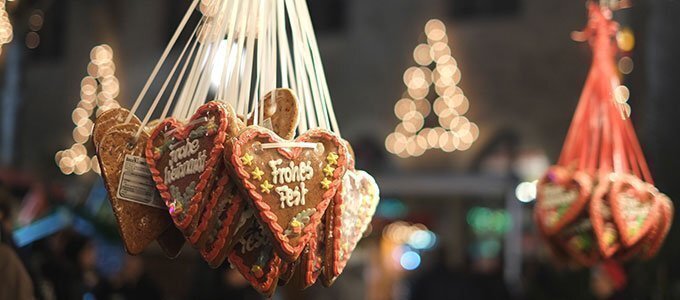 |
Events
- On December 13, the Doctoral Council of the
University of Jena is organizing a trip to the
Jena Christmas market. All doctoral
researchers are cordially invited. Meeting point is
at 7 p.m. at the Stadtkirche (St. Michael).
- On 26 January, Friedrich Schiller University Jena
will host its PhD
Day. Those who are interested in a
doctorate, doctoral candidates and soon-to-be
postdocs have the chance to get information about
relevant issues regarding the doctoral phase. It
will be held on-site, but the information sessions
will also be broadcasted.
- On January 27, a workshop will be held on
"Challenges of starting an Academic Career in the
Global North. How students from the Global South can
handle them". This event gives an overview of the hindrances
young researchers from the Global South might
face when starting an academic career in the Global
North. The event is organized by students from the
University's Honours Programme. It will be held in
English and will begin at 5 p.m. in the Rosensäle
(Fürstengraben 27).
|
|
|
|
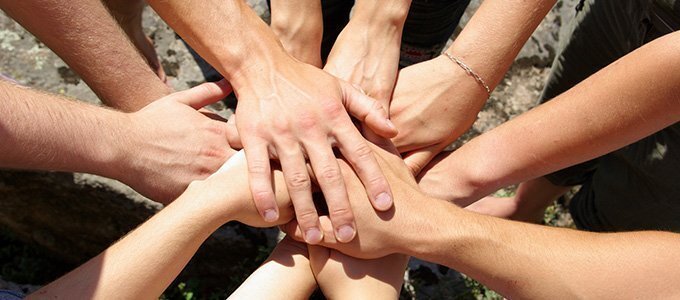 |
Get
involved
- On 05 January, the Doctoral Council of the
University of Jena (DR.FSU) offers a consultation
hour for all kinds of questions and
problems related to the doctorate. The
consultation hour will take place from 16.00h to
18.00h in the rooms of the DR.FSU (Bachstraße 18k).
Appointments can also be made individually, just
email dr.fsu@uni-jena.de.
- If you have new ideas for teaching and
want to realize them for the first time, you can
apply to the Academy for Teaching Development. As
part of the "Innovation
in Teaching" funding line, the Academy awards
up to 15,000 euros for a teaching project. The
deadline for applications is 15 February. Examples
of supported projects from recent years can be found
here.
|
|
|
|
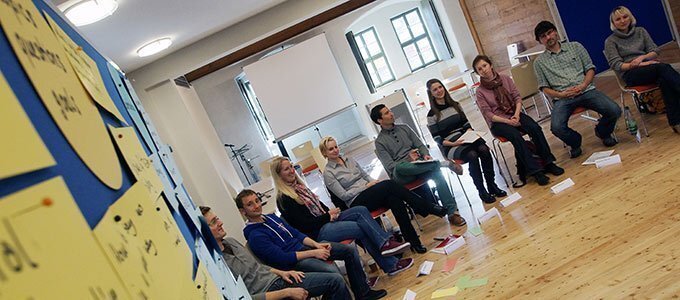 |
Qualification
offers
There are still vacancies in the following online and
on-site workshops:
- Graduate Academy:
- Lehre Lernen:
- Service Centre for
Research and Transfer:
- Competence Center Digital Research (zedif)
|
|
|
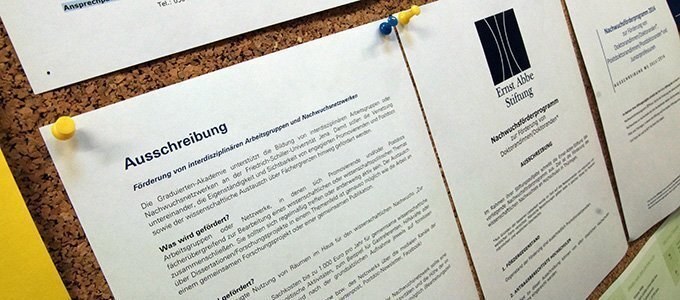 |
|
|
|
|
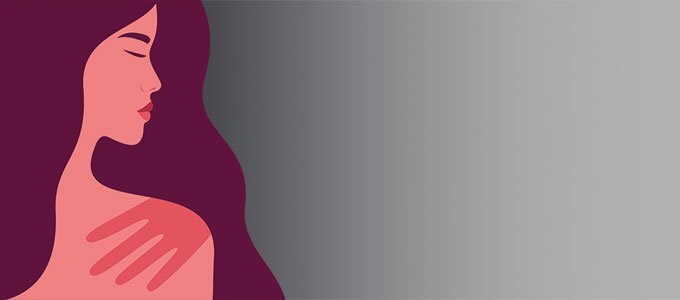 |
This
may be of interest to you
- The German
government and the federal states have
reached an agreement on the future financing
of universities: As part of the "Zukunftsvertrag
Studium und Lehre", universities are to
receive an annual three percent increase in funding
over the next few years (exception 2025: 1.5
percent). In addition, the „Exzellenzstrategie“
is to be expanded: In the future, there will be 70
clusters of excellence instead of 57. The Bundestag
also did
not implement the announced cuts to the German
Academic Exchange Service (DAAD) and the Alexander
von Humboldt Foundation. Instead, the DAAD will
receive 222 million euros, even more money than ever
before, and will not have to cut any scholarships
programmes.
- A Europe-wide
study has examined how much gender-based
violence occurs at universities. 62
percent answered that they had experienced
gender-based violence. Women and non-binary people
were significantly more likely to be affected.
Psychological violence and sexual harassment were
the most prevalent forms. Only 13 percent of
respondents said they reported the experience they
had. The survey included more than 42,000 employees
and students from 15 European countries.
(Illustration above: AdobeStock)
- The state of Thuringia was once again in the
national media: The Thuringian state parliament
had passed a recommendation that state authorities
should not use gender-inclusive language in
public communications. Following this, the president
of the university stated that all university
employees are free to use the possibilities of
gender-inclusive language – but also that if someone
chooses not to use it, it won't be to their
disadvantage. He referred to the university recommendations
on gender-inclusive language (only in German).
- As part of the Year of Science, citizens were
invited to submit questions that they
thought science should address. More than
14,000 questions were submitted and are to be
answered by research and politics by summer 2023.
The questions range from "Will there be an AI in the
future that finds the optimal job for me and thus
saves me having to apply for jobs?" to "Why aren't
there more cowboys?" or "Why is there no wifi at our
school?" If you want to have a browse or find out
what the public expects from science, you can find
the submitted questions here
(in German).
|
|
|
|
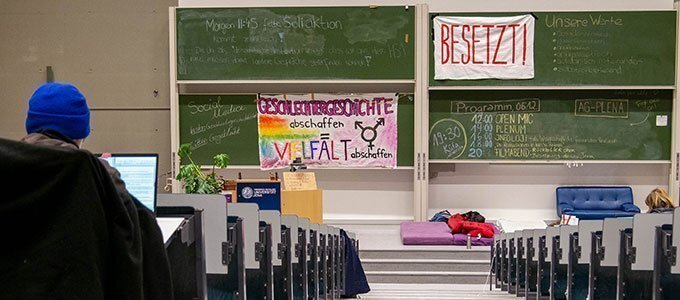 |
News
from University of Jena
- Since
last Wednesday, the largest lecture hall of
the university has been occupied by about 50
students (Photo: Norbert Krause). This action
is a protest against not reappointing the Chair
of Gender History as of 2025. The Faculty
Council of the Faculty of Arts had decided this in
June. It had to choose between two chairs where new
professors would have to be appointed within the
next years: the Chair of Gender History and the
Chair of Middle Latin. The students are now
demanding that the decision be revised and that the
chair be filled again after 2025.
- Several
good news for the University of Jena at
once: For the first time, it is among the best
200 universities in the world – it has reached
189th place in Times
Higher Education's World University Ranking. Two
of its scientists are also among the world's
most cited researchers. On a national level,
the university's president Walter Rosenthal was
honored as "University Manager of the
Year".
- In the main building of the university lies –
hidden in the attic – one of the largest plant
collections in Europe: The Haussknecht
Herbarium comprises about 3.5 million dried
plants and preparations. This collection will now
become part of a new Senckenberg Institute
to be founded. Two new professorships will
be established in Jena by the Senckenberg
Society in the Jena focus area "Collectomics". The
Senckenberg Institute will expand the collection
into a digital research platform and link the
collection data with global earth data.
|
|
|
|
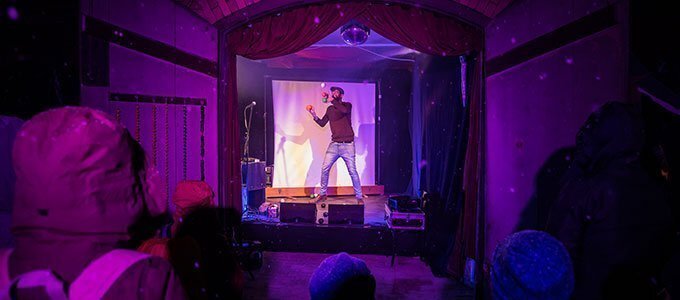 |
Latest
News from Jena city
- Since this fall, Jena has a climate action
plan. Last year the city council had decided
that Jena should become climate-neutral by 2035. The
plan was presented
to the public in September and will soon be
available on the city's
website. The plan identifies municipal
measures that can be implemented realistically by
the city. Worth mentioning in this context is also a
new
funding programme of the city for power
generated by small photovoltaic systems, so-called
balcony power plants. Funding is currently still
possible.
- Two cultural Advent calendars can shorten
the time until Christmas: The Kultürchen
offers a cultural surprise every day, which can
range from theater to music or readings to dance
performances (Photo: André Helbig). The doors open
at 19.00h and 20.00h at Schillerstraße 5. The
musical Advent calendar, on the other hand, always
takes place at a different location. An overview of
the venues can be found here.
- Good news for all those who regularly cycle to
Lobeda: The money for the bike path in Oberaue
has
now been approved by the federal state. The
path is to be upgraded next year as a bicycle lane
with a width of five meters. Now all that's missing
in the city center is adequate parking facilities
for bicycles. An example of how this could look like
is given by the University Hospital
Schleswig-Holstein: On its campus, a three-story
bicycle mobility station for employees and
students is being built with around 1,340
high-quality bicycle parking spaces.
|
|